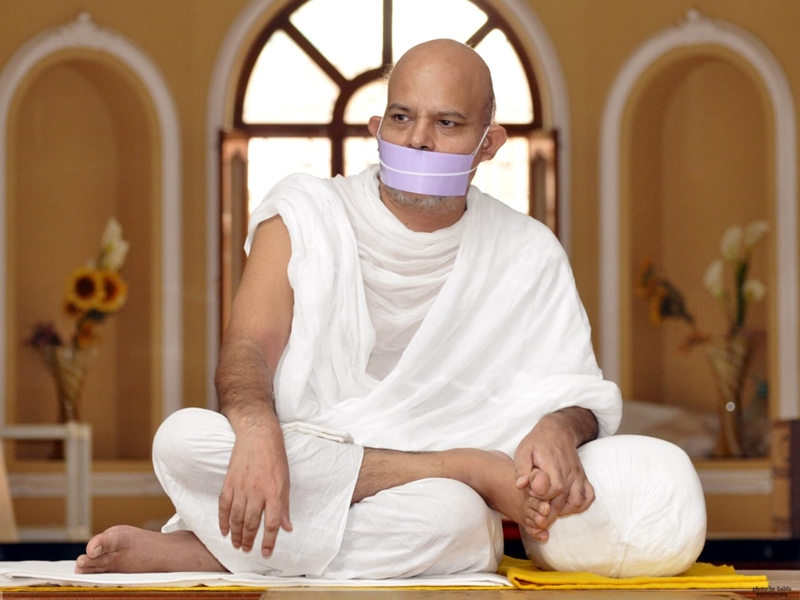What was Acharya Shri Gyansagar ji’s earlier life like?
The goddess of prosperity and the goddess of knowledge are said to not coexist. This adage actually applied to Acharya Shri Gyansagar Ji maharaj in its entirety. He attended a rural primary school for his elementary schooling. Lack of resources prevented him from pursuing his further education, and he and his older brother travelled to Gaya in search of employment. There, they started working in a Seth’s store to make a living, but in his mind, he wanted to continue his education. By accident, Syadvad pupils
Vidhyalaya travelled to Gaya to partake in a celebration. Bhooramal ji considered travelling to Varansi for studies after seeing their 1. i.e. Acharya Shri Gyansagar Ji maharaj programmes, which are extremely successful. Given his sincere desire, his older brother gave him permission to visit Varansi.
To raise money for his study and eating expenditures, he used to sell towels along the Ganges River, and he used to pay for these costs out of the money he made. After that, someone informed him that the college would cover his expenditures, but Bhooramalji declined since he believed in living independently. He thoroughly studied a number of treatises on Sanskrit grammar, literature, doctrines/theories, and spiritual books before passing the Varansi Shashtri examination.
He authored various treatises in Sanskrit and Hindi after leaving Banaras by contemplating, writing, and assiduously studying literary works. His name deserves special recognition among the scholarly people of the twenty-first century who have continued the tradition of writing epics in the Sanskrit language. It is a tremendous delight that there are still scholars of such a high standing who can compete with poets like Kalidas and Magh, said eminent scholars of Kashi in response. He devoted 50 years to “Jinwani” in this way (i.e. spiritual doctrines of Jainism as revealed in the resonant preaching of Lord Jinendra Deva). But because the “Mantra” states that “knowledge is like a burden without action,” he decided to follow the path of renunciation in order to put his knowledge into practise in real life.





